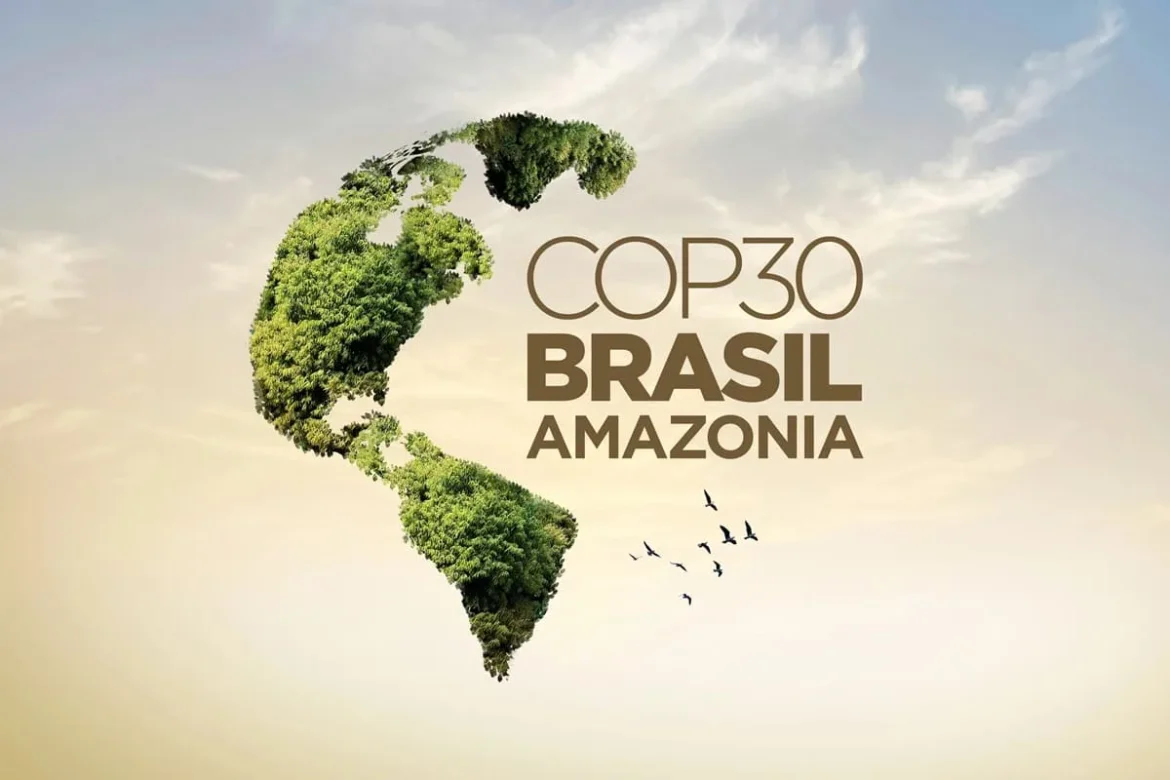Africa Deputy Director at the Natural Resource Governance Institute (NRGI), Ibrahima Aidara has called on African nations to seize the opportunity presented by the global demand for transition minerals.
Aidara emphasized a shift from mere extraction to value addition, local job creation, and sustainable economic diversification.
Speaking at a press briefing ahead of COP30, Aidara stressed Africa’s critical role in shaping a more equitable global mineral supply chain.
“Africa’s role in the global supply chain for transition minerals has largely been confined to raw material extraction, with limited value addition or local job creation,” he stated. “But for African producing countries, the rising demand for these minerals could help diversify economies and meet urgent energy needs.”
Aidara urged the Africa Group of Negotiators, under Tanzania’s leadership, to take decisive action.
“We see everything in place for the Africa Group to adopt specific proposals strengthening the global governance of transition minerals ahead of COP30.
They should table these proposals, starting today at the Pre-COP in Brasilia, and reach out to other Party groupings,” he said. “We need leadership, the stakes are high.”
Anabella Rosemberg of the Climate Action Network on her part emphasized the need to shift from rhetoric to implementation on just transition, while Angela Asuncion of the Resource Justice Network highlighted the risks faced by communities and defenders in mineral-rich regions like the Philippines.
Angela Asuncion, Asia Pacific Coordinator for the Transition Mineral Accountability Working Group at RJN, warned of the mounting risks faced by communities in mineral-rich but vulnerable regions such as the Philippines.
“Transition mineral-rich nations such as the Philippines remain among the world’s most climate-vulnerable and deadliest places for land defenders and activists,” she said. “The insatiable demand for mining under the guise of the energy transition only heightens the risk of violence for those courageously protecting their livelihoods and our future.”
Asuncion called on COP30 negotiators to confront the material dimensions of the Paris Agreement, ensuring that human rights, environmental safeguards, and equity are prioritized throughout the entire mineral supply chain.



